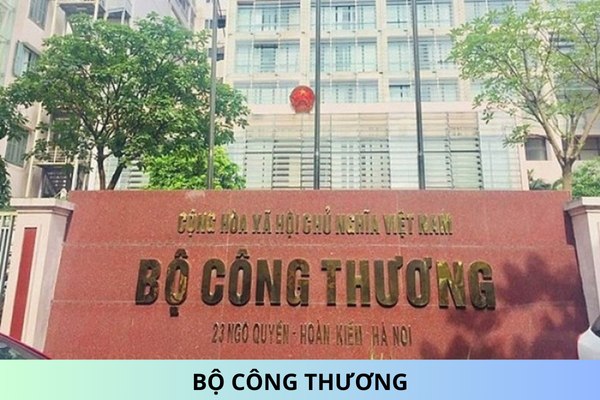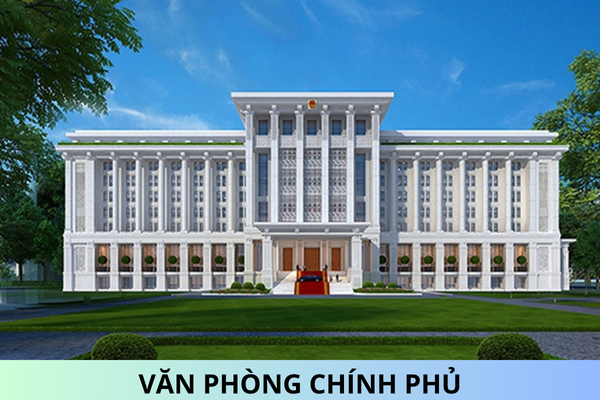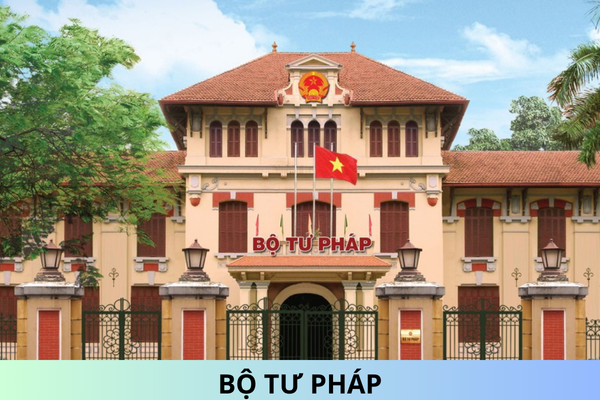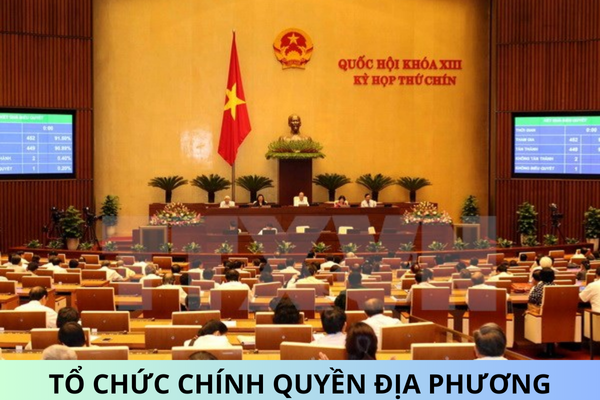Organizational System of the People's Public Security from July 01, 2019
How is the organization system of the People's Public Security structured from July 01, 2019?
On November 20, 2018, the National Assembly of the Socialist Republic of Vietnam, Session XIV, at its 6th meeting, approved the People's Public Security Law No. 37/2018/QH14 (referred to as the People's Public Security Law 2018).
The People's Public Security Law 2018 stipulates the principles of organization, activities; position, functions, tasks, powers; ensuring operational conditions, policies for the People's Public Security; responsibilities of agencies, organizations, and individuals concerned.
According to the provisions of the People's Public Security Law 2018 (effective from July 01, 2019), the People's Public Security is the core force in performing the tasks of protecting national security, ensuring social order and safety, combating crime and violations of the law on national security, order, and social safety.
According to the provisions of Article 17 of the People's Public Security Law 2018, the organizational system of the People's Public Security includes:
- Ministry of Public Security;
- Provincial-level Public Security (provinces, centrally-run cities);
- District-level Public Security (districts, cities under provinces, towns, cities under centrally-run cities);
- Commune-level Public Security (communes, wards, commune-level towns).
The Government of Vietnam specifies the construction of regular public security forces at commune-level towns.
To meet the requirements of protecting national security, ensuring social order and safety, the Minister of Public Security decides on the establishment of police posts, stations, and independent units deployed in necessary localities.
How is the command in the People's Public Security regulated?
Based on Article 19 of the above Law, the command in the People's Public Security is regulated as follows:
The Minister of Public Security is the highest commander within the People's Public Security.
Lower-level Public Security commanders are responsible to their immediate higher-level commanders for the organization and operation of the public security units assigned to them. Local public security commanders are responsible to higher-level public security commanders and to the local Communist Party committees and administrations of the same level.
Officers, non-commissioned officers, and soldiers of the People's Public Security who hold higher positions or ranks are superior to those who hold lower positions or ranks.
In cases where officers, non-commissioned officers, and soldiers hold higher positions but have equal or lower ranks, they are considered superior to officers, non-commissioned officers, and soldiers who have equal or higher ranks but hold lower positions.
Best regards!










